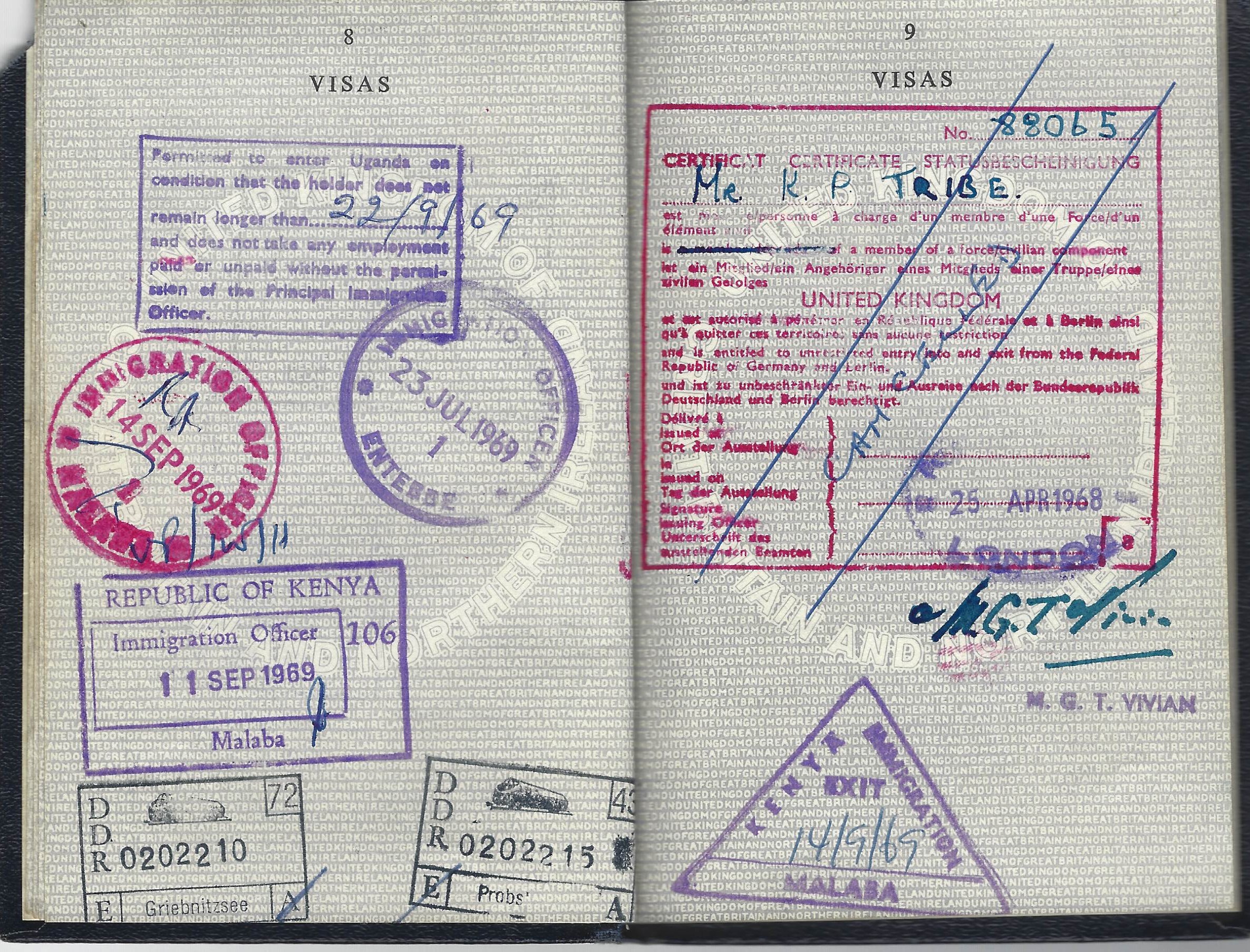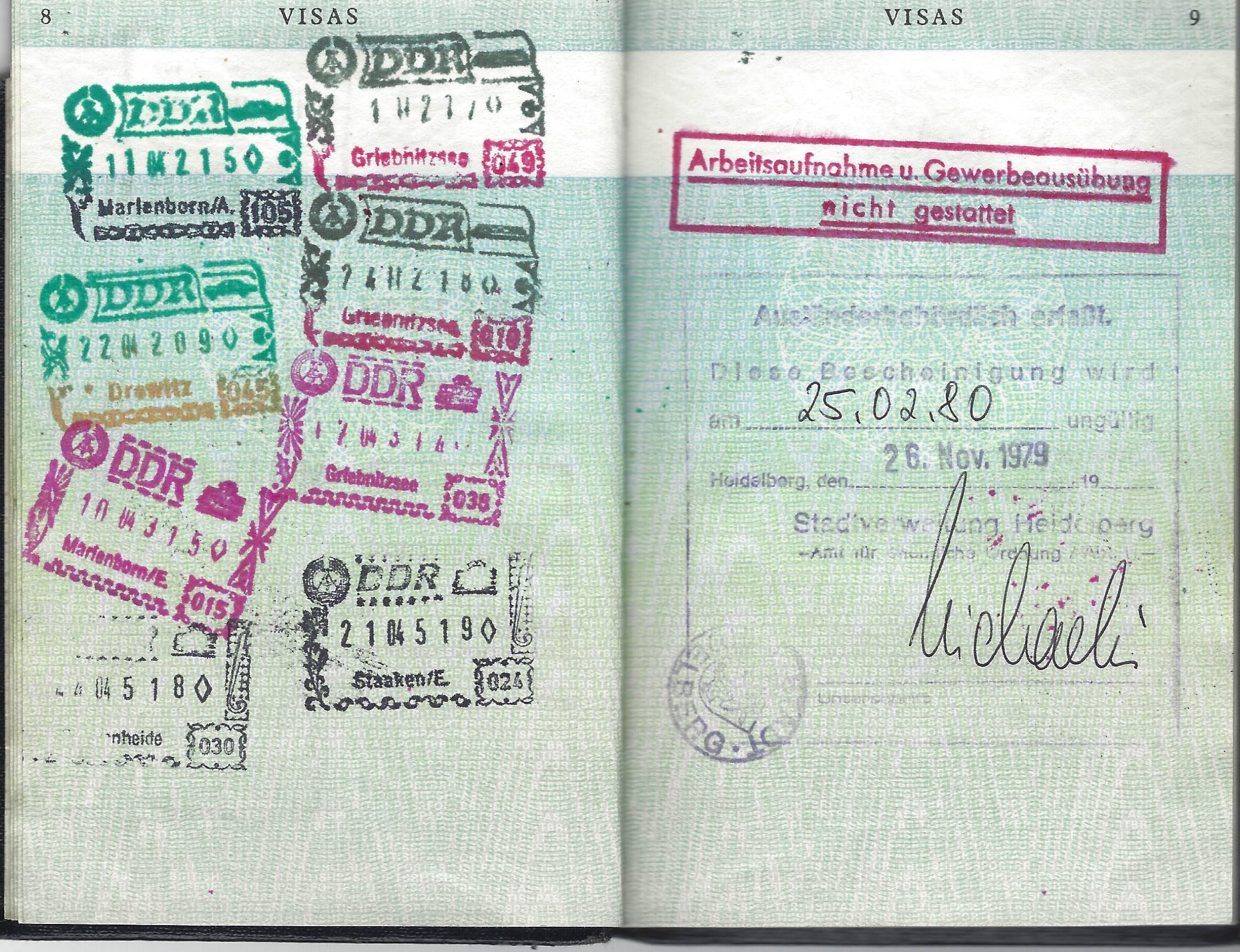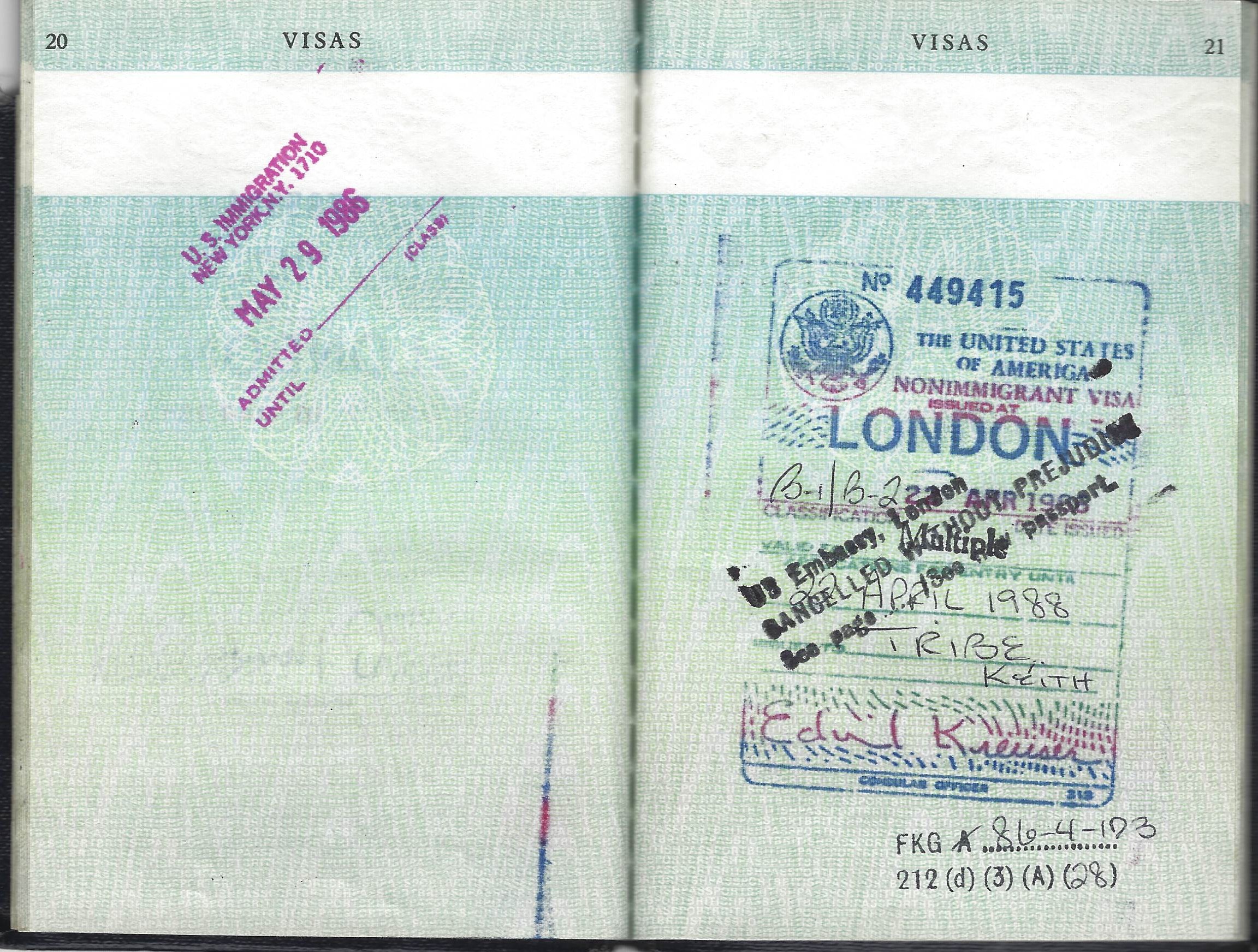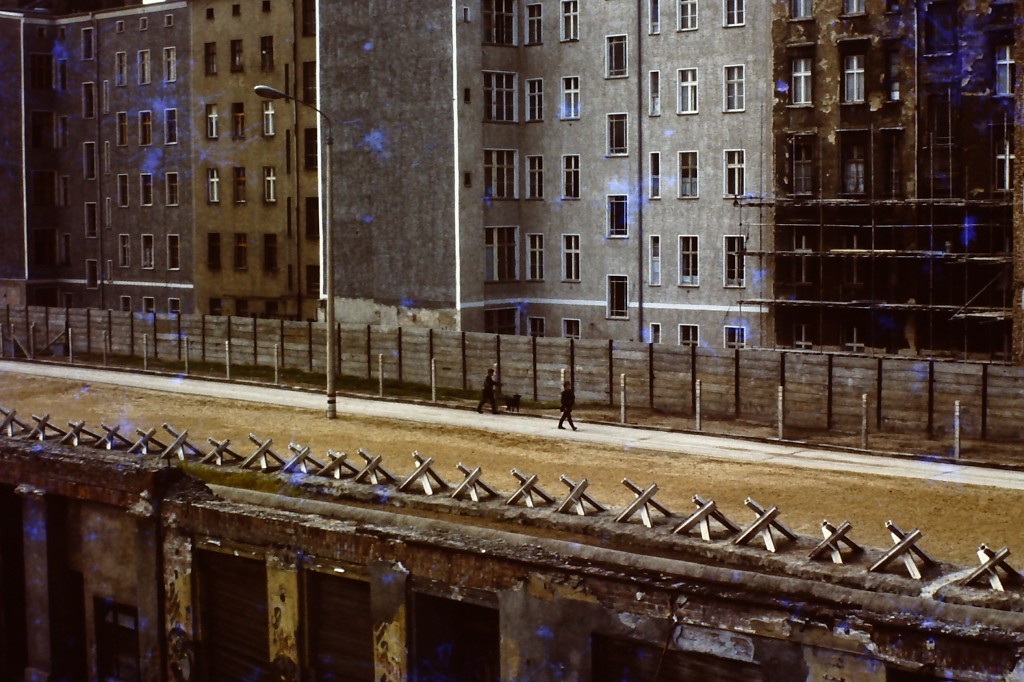In 1706 and 1707 Acts of Union joined the Kingdom of Scotland to the Kingdom of England. The two countries had in fact shared the same person as monarch since 1603, and there had been previous attempts to fully unite the two kingdoms. It was indebtedness that provided the final impulse: Scotland was virtually bankrupt, and its economic salvation lay in the Union. Adam Smith was safely at Balliol in Oxford when in 1745 the final Jacobite rebellion flared, and was then crushed. But the emergent Scottish Enlightenment of which he became a member had been firmly anti-Jacobite, and the Scottish intelligentsia of the later eighteenth century was broadly united in recognising that the Union had enabled the Scotland in which they lived to flourish.
German Unification has been rather similar; with the difference that the current German President and Chancellor were both born and grew up in the former GDR, a state eventually more bankrupt than Scotland had ever been. For most of the eighteenth century Britain’s monarchs were Hanoverian; its Prime Ministers were all English (not Scottish, Welsh or Irish). It would be hard to imagine an early eighteenth-century Britain ruled by a Scottish king and a Scottish Prime Minister. But that is where Germany is today.
German Unification was enormously costly for Germany – as I remarked in a previous post, winding up the economic restructuring alone cost the equivalent of half the contemporary British national debt. While the GDR was to all intents and purposes a foreign country by the 1980s, West Germany was committed to integration, and was prepared to pay its price. Twenty-five years later this has all but been forgotten – but in the context of the relationship of Greece to the EU and the euro, it bears remembering.
Especially in the light of the kind of argument advanced by Thomas Piketty (Die Zeit 8 July 2015) that Germany benefited from debt writeoffs during the interwar years and in 1953, suggesting that Germany is today in no position to refuse Greece similar debt writedowns. Although Piketty shows in this interview a very sketchy understanding of the postwar political, monetary and economic order, he does at least recognise that Marshall Aid and debt relief occurred because it was in the general European interest; without it, economic recovery could not continue. German recovery was central to the recovery of the European economy.
The international economic significance of Germany is commonly misunderstood. Students I taught in the 1990s presumed that Japan, whose population was about half the size of Germany’s again, was also a more significant exporter. This was not true: while Germany was a smaller economy than Japan, it exported far more – including very large quantities of machine tools, chemicals and pharmaceuticals that the consumer never sees. The World Bank’s Development Report for 1998/99 shows that Portugal and Greece had a similar population and roughly similar GDPs; but that Portugal exported 35% of its GDP, and Greece 13%. Germany exported 29% of a GDP nearly eighteen times larger than that of Greece, with a population less than eight times as big.
Today the common European interest turns not on the problem of restarting international flows of goods and services, since in any case the Greek economy never has been a significant contributor to this. The common interest is linked to the problems of a flawed currency union to which Greece should not have been admitted, even if it had not massaged its national statistics. This flawed currency union exists because of the political ramifications of German Unification.
Plans for a common European currency date back at least to the early 1950s, became in 1969 an explicit objective of the European Community, but were then stalled by the collapse of the international postwar monetary order in 1973. The idea was revived in the wake of German Unification by the French President, François Mitterand, as a means of chaining down Germany and the leading European currency, the Deutschmark. Margaret Thatcher, poorly advised and preoccupied by some very strange ideas about modern Germany, lent her support to Mitterand before her fall in November 1990. It could therefore be said that the Euro originated as a French plot, aided and abetted by a truly “perfidious Albion” which gave a helpful push to a project which it then refused to join.
The institutional weaknesses of the euro were exposed in the wake of the 2008 financial crisis, and the ship, now launched, began the process of being rebuilt at sea – not that unusual in the eighteenth century, but technologies were very different then. Having developed procedures and institutions that lent the union a degree of coherence, it has been derailed once more by the need to bail out an economy that has some modern features, but which is in essence as bankrupt as the GDR. While Greece is smaller than the GDR was, it cannot simply be annexed by the European Commission, since its population has in any case expressed its will in a referendum that rejected the only real plans anyone had for Greece’s future. That these are the only existing viable plans was then immediately confirmed by the Greek government, which adopted them as the basis for its “new plan” at a time when a bad situation had become even worse.
And so the dilemma faced by eurozone states is that Grexit has an economic logic but dreadful political ramifications, for the Greeks as much as anyone else. A monetary system that had begun to emancipate itself from the problems of its flawed political origins is now being asked to pursue ends that are essentially political, contaminating decision-making in the Eurozone. Politics and economics are always interwoven in complex ways, but they are not the same thing.
In these times much use is made of the word “democracy”, without however much regard for how modern democratic orders actually function. The recent Greek referendum was a travesty of democratic decision-making in the very country that invented the idea of democracy. What can be said is that Germany is the model of a modern federal parliamentary democracy. Its constitution was largely shaped by the Western allies: in fact, largely shaped by Britain, since Germany has a President who functions as an elected constitutional monarch, whereas the French have a President who functions more like an elected monarch of the more traditional kind. The current divisions between the French and the German governments over the proper approach to Greece as a member of the eurozone are as much an effect of the differing political dynamics of the two countries as anything else.




